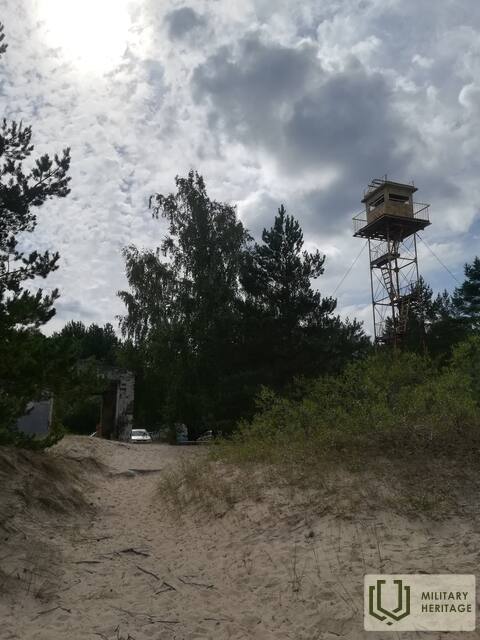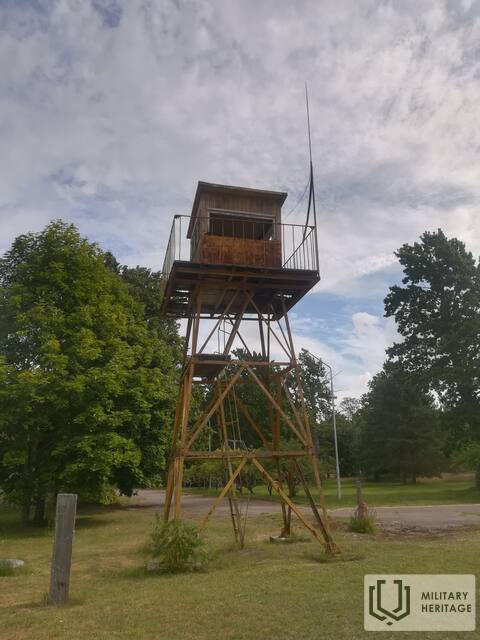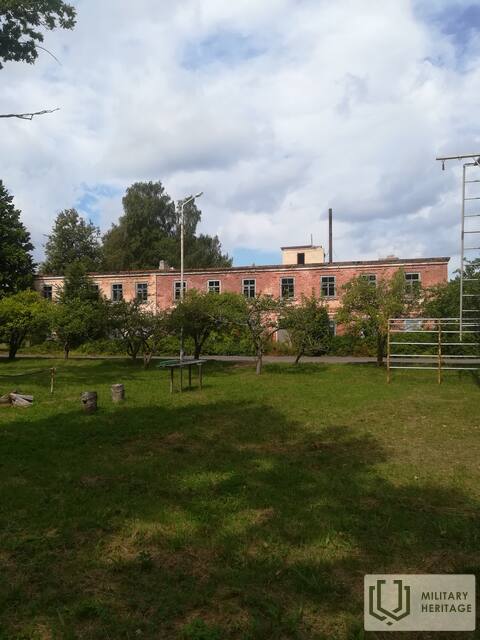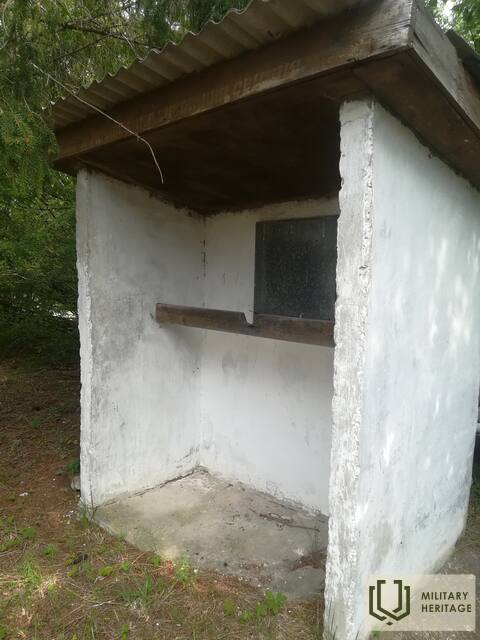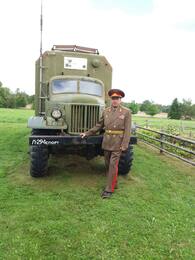Šnipo pėdomis
Žmonių atmintis kartais būna gana trumpa. Dabar, kai visi gali eiti ir eiti, kur nori, daugelis verkšlena dėl prarastos pigios dešros, bet jie jau pamiršo, kad tiesiai už Mērsrago, priešais kelią, dažnai nusileisdavo dryžuota bomba ir ginkluoti rusų kareiviai, vadinami pasienio sargybiniais, juos praleisdavo tik su parašytais ir antspauduotais leidimais. Ir ne bet kuris Latvijos SSR gyventojas galėjo gauti leidimą, o tik tie, kurie pirmiausia buvo gavę vadinamąjį Rojos arba Kolkos kaimo tarybos šaukimą, kurio pagrindu po dešimties dienų savo milicijos dalinyje galėjo (arba negalėjo) gauti vizą atvykti į draudžiamą pasienio zoną. Aš buvau nusipirkęs namą šioje nelaimingoje Kuržemės pakrantėje, todėl kiekvieną pavasarį man ir mano šeimos nariams tekdavo melstis ir nuolankytis, kad valdžia atnaujintų leidimą atvykti.
Vienais metais mūsų pirmasis atvykimas į Aizklanius sutapo per Velykas. Patikrinus dokumentus Mērsrage ir Ruojoje, buvome papildomai sustabdyti ir patikrinti prieš Melnsilą – Dundagos kelyje. Sankryžoje pasirodė pasieniečių automobilis ir ginkluoti kareiviai; pareigūnas kažką pranešė per raciją. Atrodė, kad budrieji SSRS pasieniečiai vėl buvo užklupti šnipų medžioklės. Kai pasiekėme savo namus, šalia jų vyko tikra karinė operacija: ant noros krašto stovėjo armijos bobikas su ištiesta antena, radijo garsiakalbyje girdėjosi susijaudinimo frazės, po trumpo laiko pats viršininkas atbėgo iš Kolkos užkulisių, o grupė kareivių, ginkluotų kulkosvaidžiais ir vilkšuniu, bėgo miško pakraščiu. Įvažiavome į savo kiemą, iš kur galėjome stebėti, kas vyksta per tvorą, beveik lyg žiūrėtume šnipų filmą.
Jo siužetas pakrypo visiškai netikėta linkme: skalikui garsiai lojant, pasieniečiai apsupo mūsų kaimyno namą! Bet ten gyveno Augustas Rozenfeldas (tegul dabar ilsisi ramybėje Melnsilos kapinėse!) – tuo metu Socialistinio darbo didvyris ir SSRS Aukščiausiosios Tarybos deputatas, žmogus, kuris į Kremlių nukeliaudavo pirmyn ir atgal taip pat lengvai, kaip kiti į Rojos universalinę parduotuvę ar Talsų turgų. Ar galima buvo įtarti tokį asmenį? Tačiau pasieniečiai įėjo į jo namus. Tiesa, po penkių minučių jie vėl išėjo ir nuvažiavo. Operacija baigėsi, vėl įsivyravo ramybė ir tyla.
Kas iš tikrųjų įvyko, sužinojome daug vėliau. Pasirodo, patį Velykų rytą, pliaupiant smulkiam, negailestingam lietui, Augustas Rosenfeldas, apsivilkęs brezentinį paltą ir užsidėjęs ant galvos savo mylimą pilką žokėjų, nuėjo į miško pakraštį. Ten jis vaikščiojo pirmyn ir atgal tarp kamienų, kol pritūpė prie storos eglės ir atsargiai kažką įbrėžė samanose. Eidamas jis net apibarstė tą vietą spygliais. Netrukus po to Kolkos pasienio poste (kur, kaip ir kituose pasienio postuose, sieną papuošė aiškiai rusiškai parašytas šūkis („VISA LIAUDIS SAUGO SSRS SIENĄ“) suskambo telefono skambutis. Laužyta rusų kalba budrus liaudies atstovas pranešė, kad ką tik miške pastebėjo įtartiną vyrą su brezentiniu kostiumu – šis kažką iškasė po egle, regis, raciją, ir pats dingo. Tuoj pat buvo paskelbta kovinė parengtis.
Kad pagaliau paaiškinčiau visas šias detektyvines-karines-patriotines nesąmones, turiu atskleisti, kad tą Velykų rytą mano kaimynas Augustas po Kalėdų eglute prie savo namų paslėpė ne raciją, o... dažytus kiaušinius, kad vėliau kartu su atvykusiais aplankyti anūkais netyčia rastų šią Velykų zuikio paliktą dovaną!
…
„Na, tai pokštas!“, – galbūt sušuks skaitytojas: „Tuomet paaiškėja, kad rusai Kurše buvo kvaili kaip batai!“
Tačiau tiesa ta, kad jie iš tikrųjų buvo gudresni už gudriausius: jie bandė iš bet kokios musės pasidaryti dramblį, nuolat priminti savo Maskvos viršininkams apie pavojingą situaciją šiame krantinėje ir kad niekam nekiltų mintis sumažinti personalą ar perkelti juos kitur (pavyzdžiui, prie sienos su brrr... Afganistanu). Čia žaliakepurės gyveno auksinį gyvenimą: jos galėjo gaudyti lašišas į jūrą tekančiuose upeliuose, medžioti miškuose, rinkti grybus ir uogas. Kai pagaliau prasidėjo Rusijos armijos išvedimas, laikraštyje skaičiau, kaip Ventspilio pasienio apsaugos viršininkas korespondentams apgailestavo, kokia baisi neteisybė dabar bus padaryta karininkų žmonoms ir vaikams. Na, ką jūs manote? Jie įpratę čia miškuose rinkti uogas ir grybus ir ruošti juos žiemai – ką jie, vargšai, dabar darys, išvaryti į Rusijos lygumas?
LĪVLI - Livonijos sąjungos mėnesinis žurnalas ir "Lībiešu krastas" 1994.Nr.1 - atsiuntė Inese Roze (Talsu TIC)
Susijusi laiko juosta
Susijusios vietos
Sovietų armijos automobilių kolekcija
Edgaras Kārklevalkas Dundagos rajone valdo svečių namus „Pūpoli“ ir jau daugiau nei 15 metų savo restauruotu sovietinės armijos sunkvežimiu GAZ-66 (iki 24 asmenų) ir UAZ-3151 (iki 6 asmenų) veda žmones į istorines ir edukacines keliones po šiaurinę Kuržemę (įskaitant buvusias karines teritorijas). Sovietinės armijos sunkvežimiai ir kita įranga eksponuojami aplink svečių namus esančioje teritorijoje.




